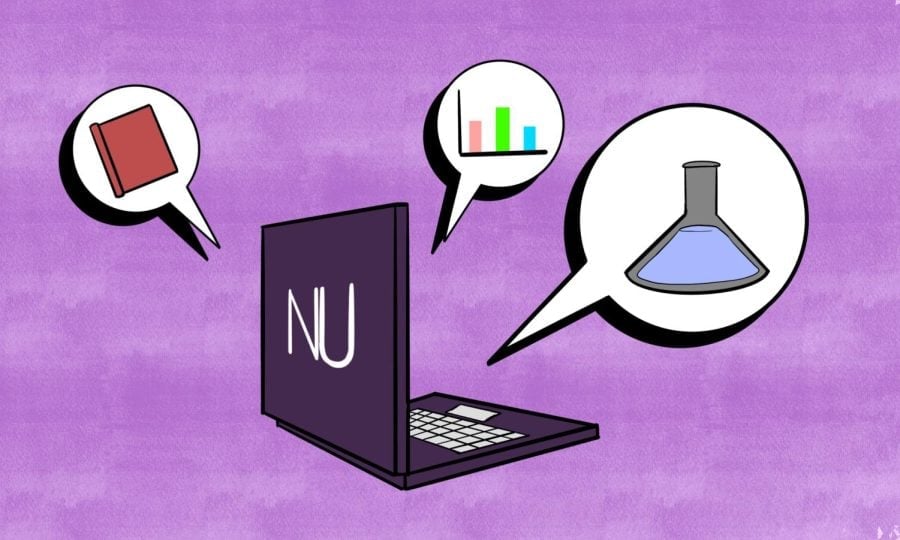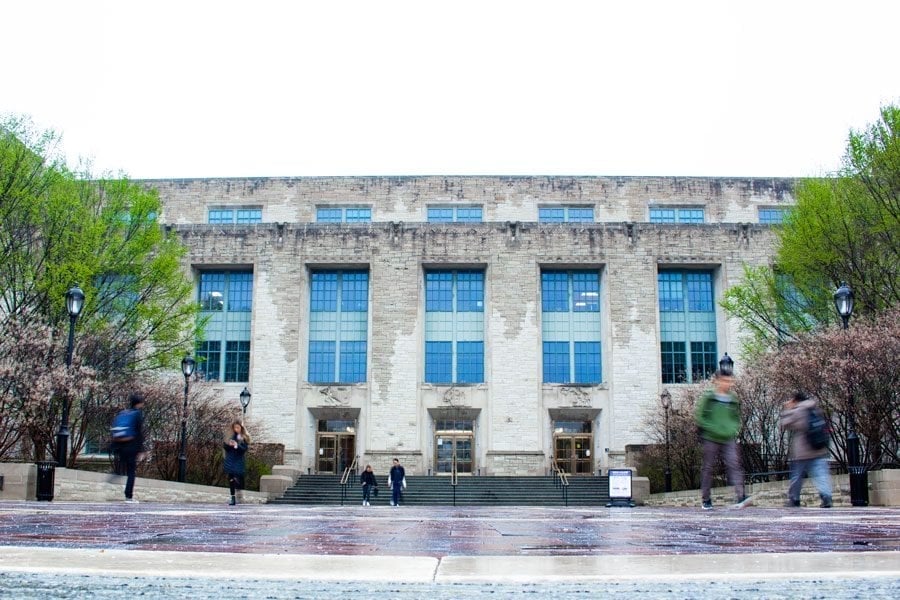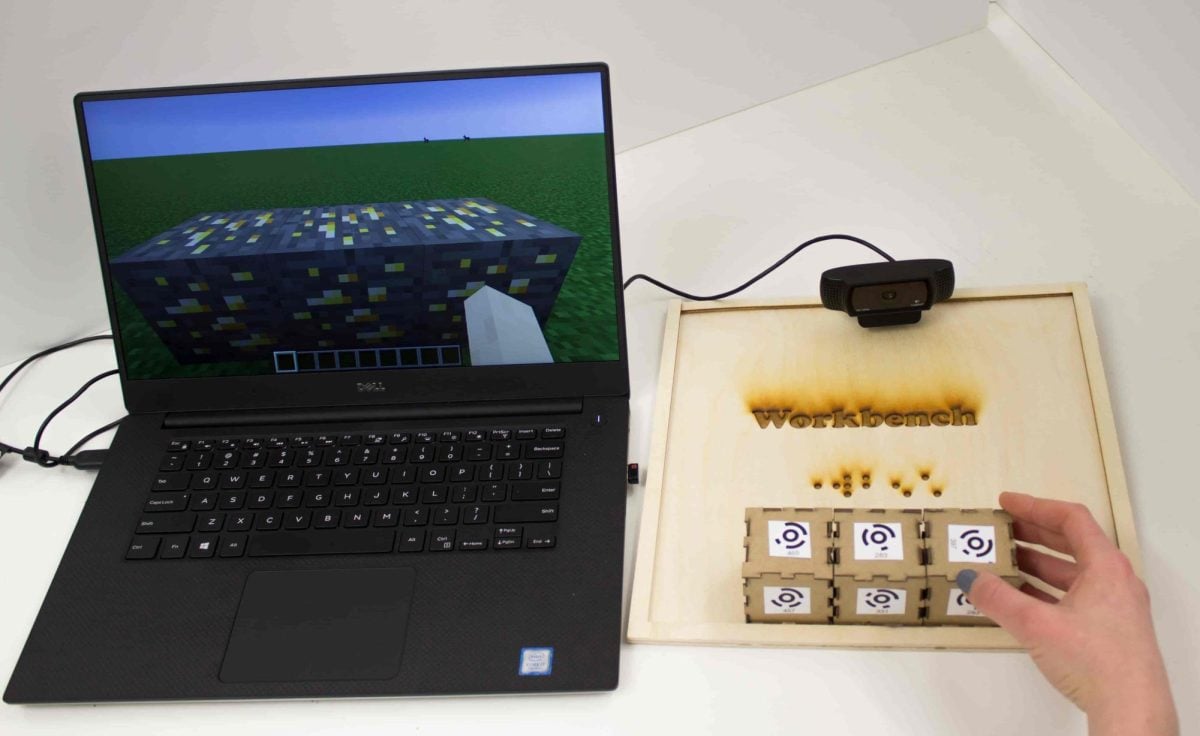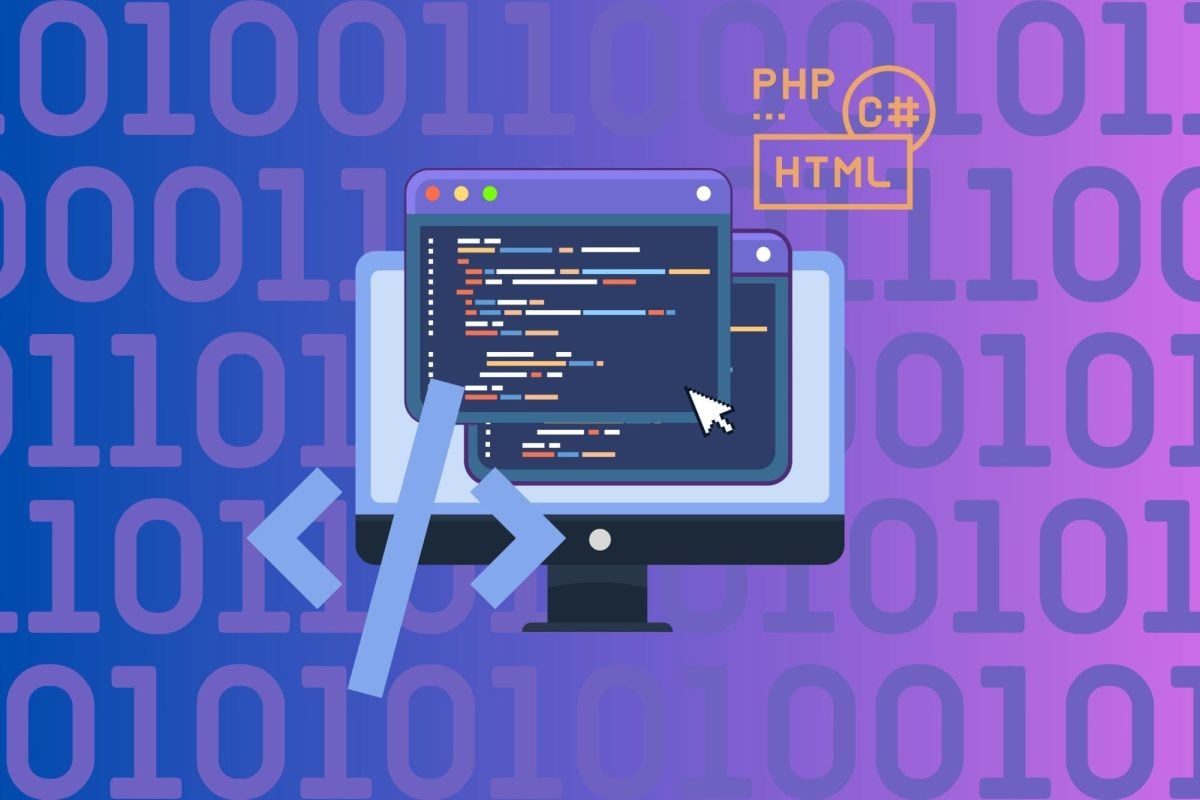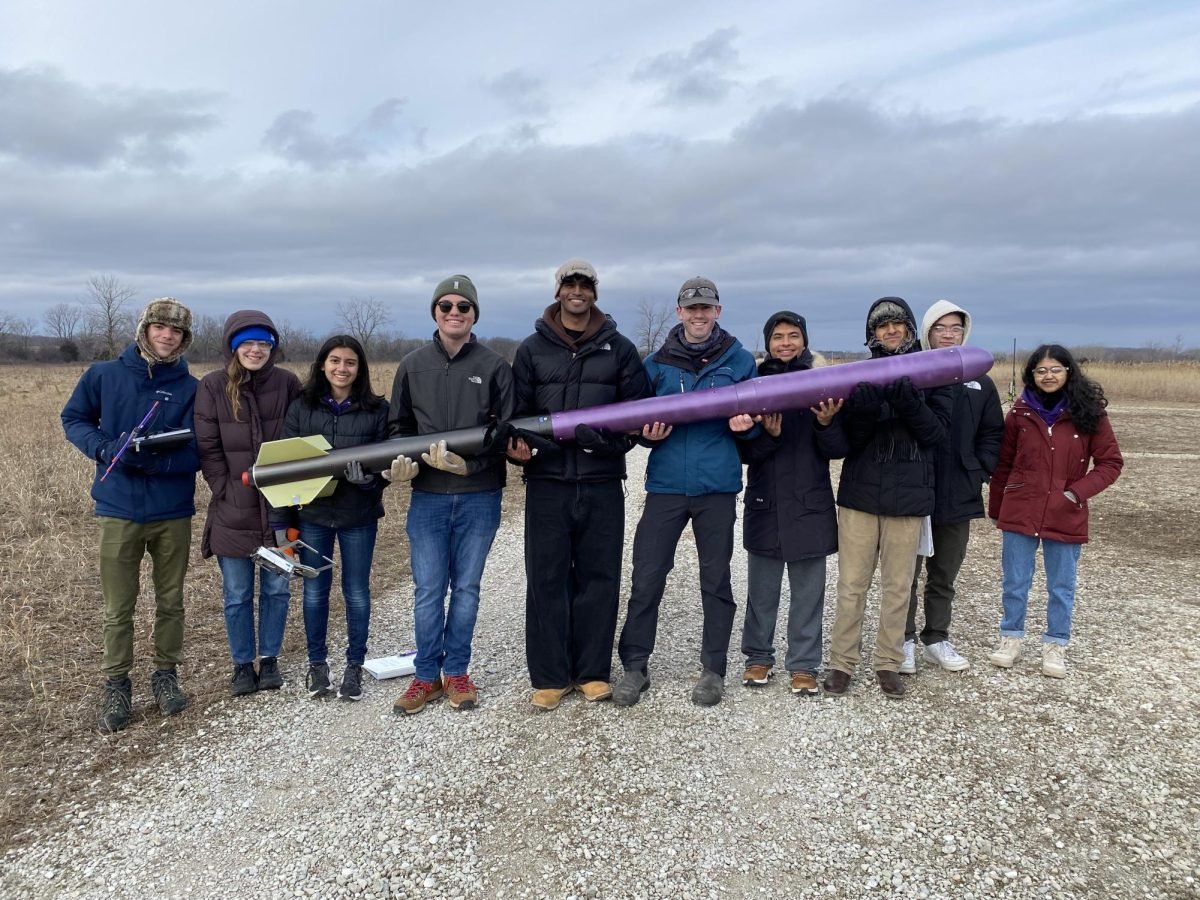Microsoft’s chief research and strategy officer Craig Mundie came to Northwestern on Tuesday to tell students and faculty about the major trends in computer technology.
At the invitation of Prof. Chad Mirkin, Mundie gave his lecture, “Computing Worlds: A New Era in Computing,” in Ryan Auditorium to an audience of more than 600 people. The event was sold out, said Jen Donahue, knowledge management and communications specialist of NU’s Office of Corporate Relations.
Sacha Patera, the associate director of OCR, said she views Mundie’s visit as the first step toward a partnership between Microsoft and NU.
“The idea is that down the road in the not-so-distant future we could be partnering on some projects,” Patera said. “Already for the last few years our faculty has received faculty research fellowships from Microsoft.”
Patera said she hopes Microsoft will see potential for future partnership with NU based on what faculty shared with Mundie during his visit.
Mundie’s lecture centered on the world of “big data,” referring to the huge amount of data that is now available to the average person. He demonstrated how access to data has now become “democratized”: An average person can access and interpret data once only open to professionals. Mundie pointed out the simplicity of Excel spread sheets as an example of this trend.
Mundie also discussed the transition from graphical to natural user interaction. Microsoft’s XBox Kinect shows the natural user interaction through its avatar function, in which an animated version of the user sits in a virtual room talking with other avatars, Mundie said.
“We see the ability for computers to become more like us in terms of their abilities to see and speak and listen and understand and sort of have a higher level of interaction,” Mundie said. “We think the computer will become more of a helper and less of a tool.”
Mundie said he hoped through his lecture, students and faculty alike would realize the breadth of technology available to them.
“I want to influence them to think differently about their work as students or researchers,” Mundie said. “Hopefully they’ll all take something away from this about how to use this technology in their current research.”
The morning before the lecture, Mundie participated in roundtable discussions with 20 undergraduate and graduate students, a handpicked group of engineers and computer science majors.
McCormick junior Mark Fischer, who attended the roundtable, said he was excited to speak with Mundie.
“It’s a great opportunity to interact with someone who has really helped guide the path of one of the world’s largest computer companies,” Fischer said. “It’s the future that’s going to help me the most. That’s the world I’m going to live in.”
Fischer also said he was curious about Mundie’s interest in the health space.
Under Mundie’s guidance, Microsoft has developed a “robotic triage doctor” that can diagnose 16 widespread diseases contracted by children in third world countries, Mundie said. Although the robot is not ready to be sold as a product, Mundie said he believes such a prototype shows the potential of technology to give crucial medical aid to remote or impoverished areas.
Other topics discussed at the round table included the public perception of technology, nanotechnology, quantum computing and public policy on technology.
Mundie expressed a very positive view of NU, commenting on its “multidisciplinary” nature and its “intrinsic cultural bias” towards collaboration.

